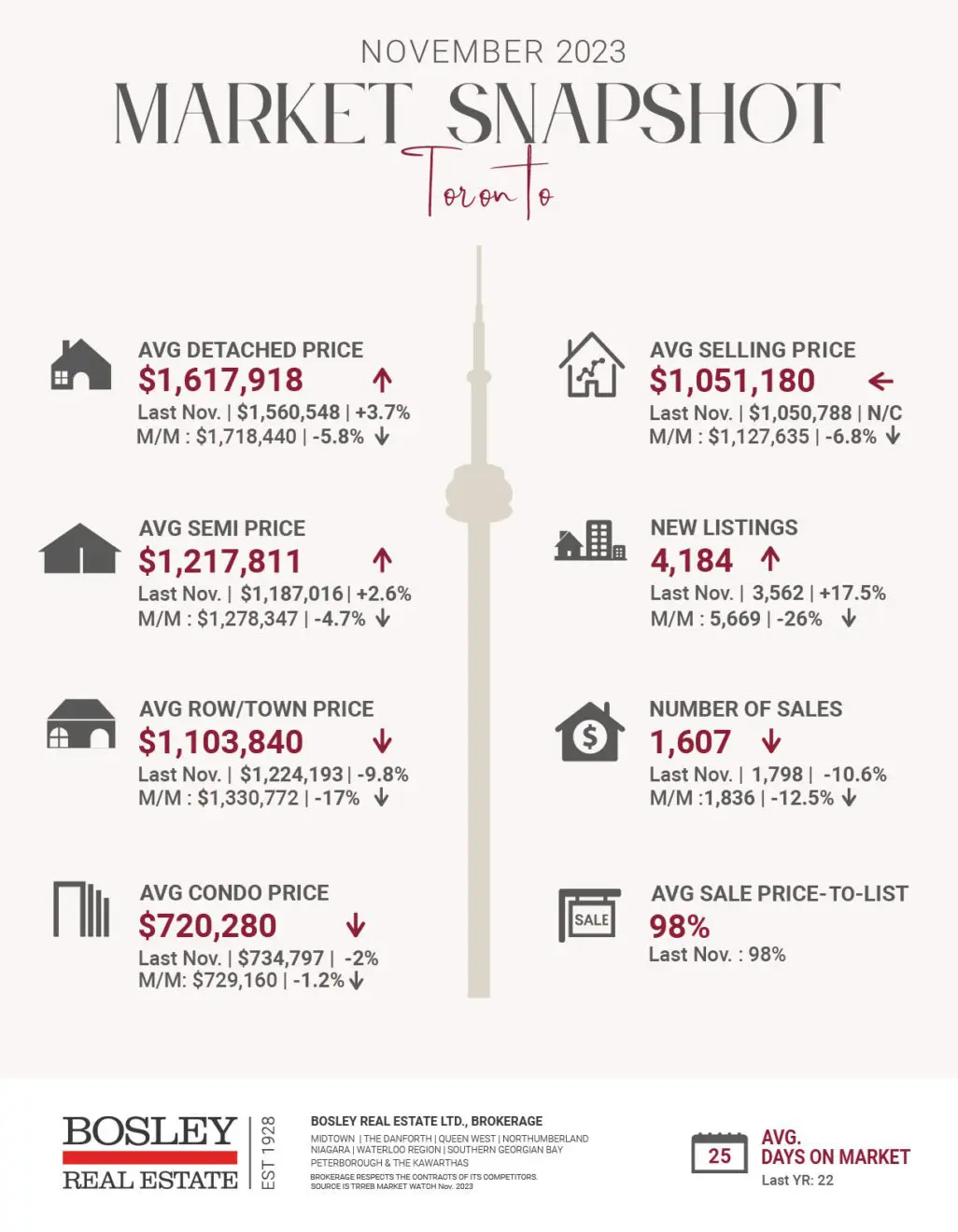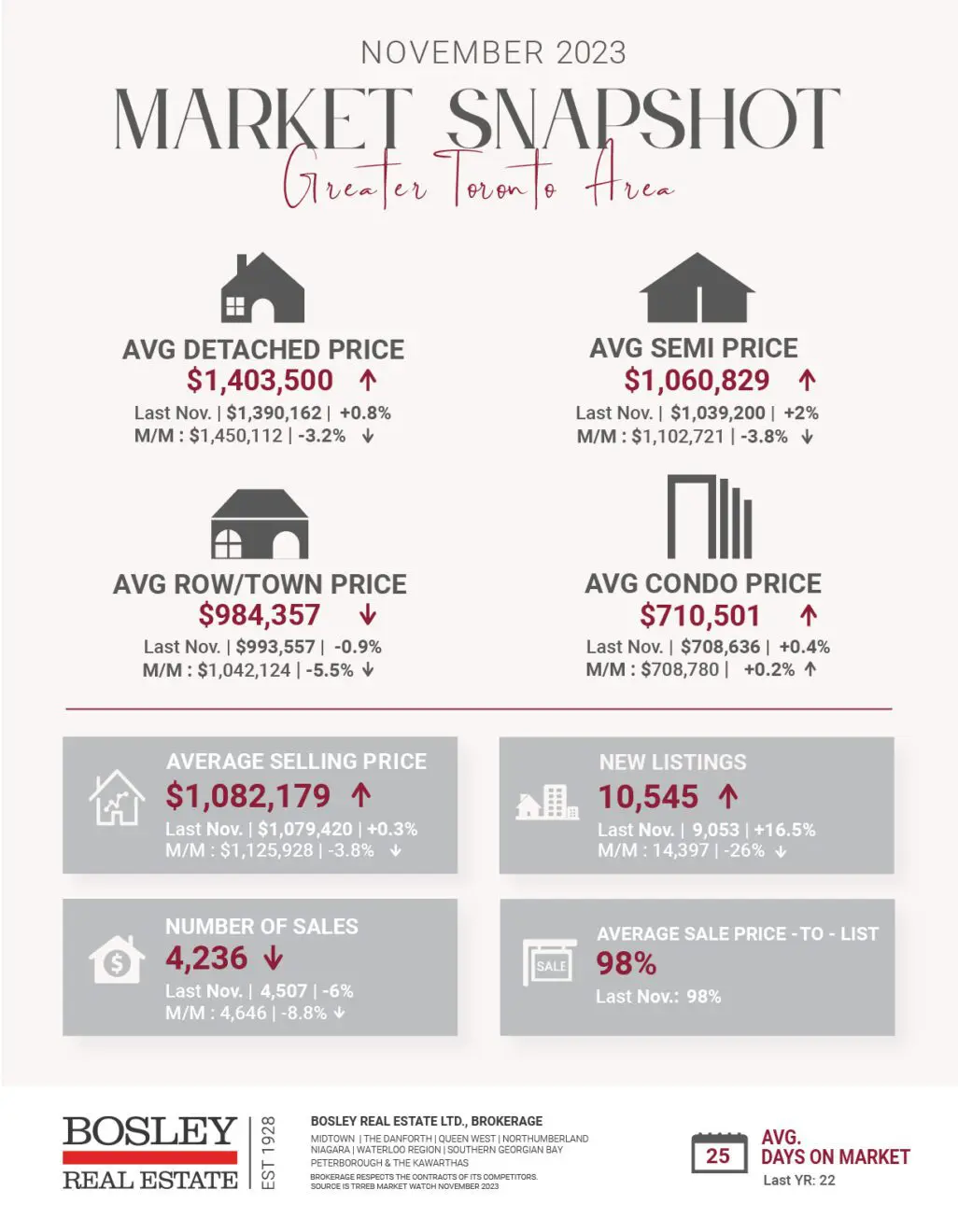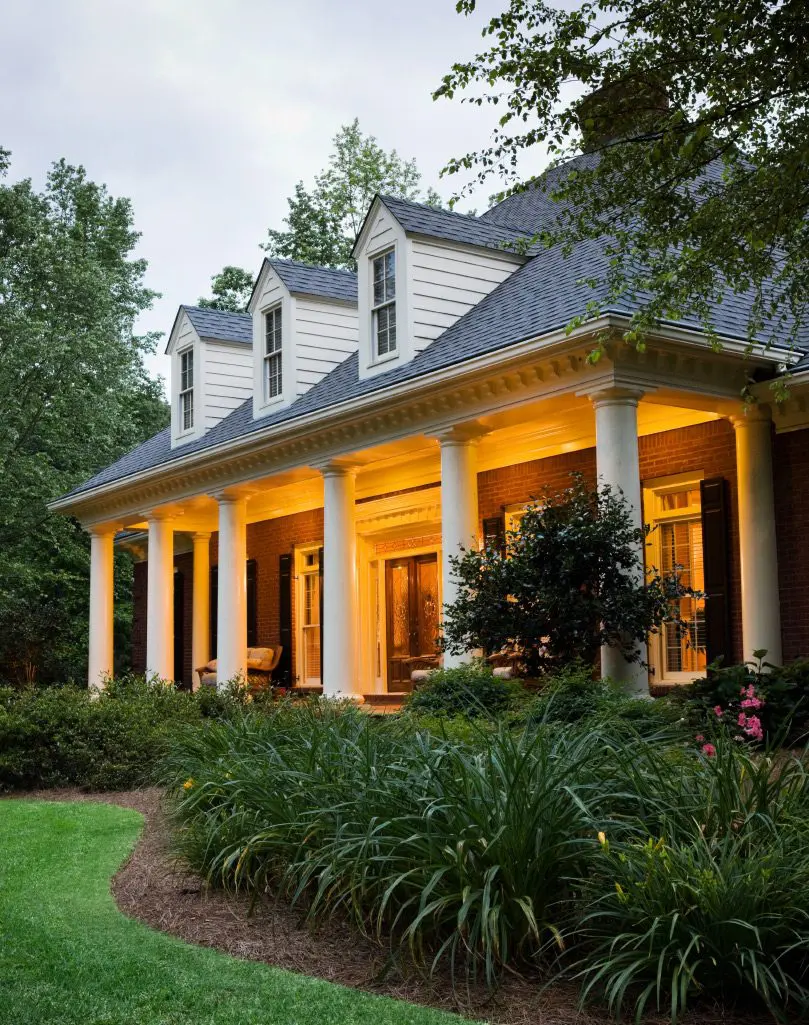


That would amount to roughly an additional $31 per month for the average Toronto home, or just over $370 more per year, according to the city.
This week City Council in their 2024 budget meeting proposed a Toronto property-tax rate jump to 10.5%, the largest single-year increase since amalgamation in 1998. If the city doesn’t receive $250 million in funding from the federal government an additional 6% increase could be added, resulting in a total tax hike of 16.5%.
Toronto is facing an $1.8 billion shortfall in its operating budget, largely due to transit and shelter costs that have increased due to the pandemic and immigration.
The city lists rising inflation, increased interest rates, cost escalations, pandemic impacts, rising shelter costs and delivery of provincial and federal services as some of the contributors to its budgetary challenges. The city remains largely reliant on property taxes.
The costs to run the city are paid for by residential property taxes and commercial taxes, with some funding from provincial and federal governments and other streams.
Property taxes are the taxes homeowners in Canada pay on the assessed value of their home. The money is paid to the city or municipality that they live in, acting as revenue. They currently vary from 0.5 per cent to 2.5 per cent of a home’s assessed value.
The Municipal Property Assessment Corporation (MPAC) in Ontario determines the assessed value of properties every four years. The last provincewide update took place in 2016. Because of the COVID-19 pandemic, the scheduled 2020 update was postponed, and in 2021, the province postponed the assessment once more, deciding that property assessments for the 2023 and 2024 years would continue to be based on the 2016 value. This means that property tax rates for this year continue to be assessed at the home’s 2016 value.
Because municipalities are not allowed to run deficits in their operating budgets, the residential tax rate is one of the only ways they can address their spending needs.
But what exactly is the property-tax rate, how is it calculated and what is it for? The property-tax rate is a proportion of the assessed value of a home that is paid to the city or municipality annually. The rate is set yearly, based on the estimated cost of the operating and capital budgets required to run a municipality, and voted on by elected officials. The rate is not always the same for every homeowner in a municipality.
Toronto’s tax rate for 2023 was 0.66 per cent, which included the city’s tax rate and building fund, and 1.5 per cent for the education tax rate.
What do property taxes pay for? Property taxes pay for services offered by municipalities. This includes but is not limited to policing, firefighting, parks and recreation, libraries, road infrastructure (fixing potholes, replacing sidewalks, installing bike lanes), water services, waste collection and snow clearing. In Toronto, large added costs to its operating budget are transit and shelter services. Other governments also contribute to these.
Cities also have capital spending for large projects such as new buildings, substantial road or transit infrastructure or significant upkeep of older buildings.
How is my property tax bill calculated? In Toronto, property-tax bills are calculated by multiplying the total tax rate by a property’s assessed value. The total tax rate includes the city rate, the city building fund levy and the education tax rate, which is set by the provincial government.
This is the first time in 15 years that public consultations will be held before the rate is decided.
The final budget will be released on Feb. 1 and brought to City Council for approval on Feb. 14.
Here are the top 5 trending stories of the week:
- Is the worst behind us? | “The Greater Toronto Area (GTA) experienced a significant shift in its housing market in 2023, with a particular emphasis on the rental market due to ongoing affordability challenges. The year witnessed fewer home sales, primarily attributed to high mortgage rates and stringent mortgage qualification standards. ”
- Nearly one in five Canadians will consider buying a home in 2024: survey | “What’s the appetite amongst Canadians to pursue homeownership amidst high borrowing costs, growing home prices, inflation in living costs, and the uncertain economic climate? According to a new survey of members of Canadian polling community Angus Reid Forum, on behalf of Toronto-based real estate brokerage firm Wahi, 18% of Canadians aged 18 and over indicate they will consider buying a home in 2024.”
- Canadian mortgage holders can cope with loan renewals, banks say | “Several bank chief executive officers suggested Tuesday that customers can expect to pay somewhere in the range of $5,000 (US$3,700) more per year on average, but said Canadians are sitting on savings, earning higher wages and ready to slash their discretionary spending to avoid giving up their homes..”
- Building Permit Values Fall To Lowest Level In Seven Months | “Construction intentions slowed across Canada in November as costs soared, the economy slowed, and labour shortages persisted. According to new data from Statistics Canada, the total value of building permits issued in November fell 3.9% on a monthly basis to $10.9B, the lowest level since April.”
- Three Ontario cities named among the best places in Canada to live this year | “Six Canadian cities have been named the best to live in based on factors including affordability and safety. Of the cities, three are in Ontario, one in Quebec, one in New Brunswick, and one in BC. You might be surprised to see which relatively obscure BC city was named on the list curated by MovingWaldo.”

The Bosley Advantage
Read about the heritage and innovation that form the foundation for Bosley’s industry-leading approach to real estate.




